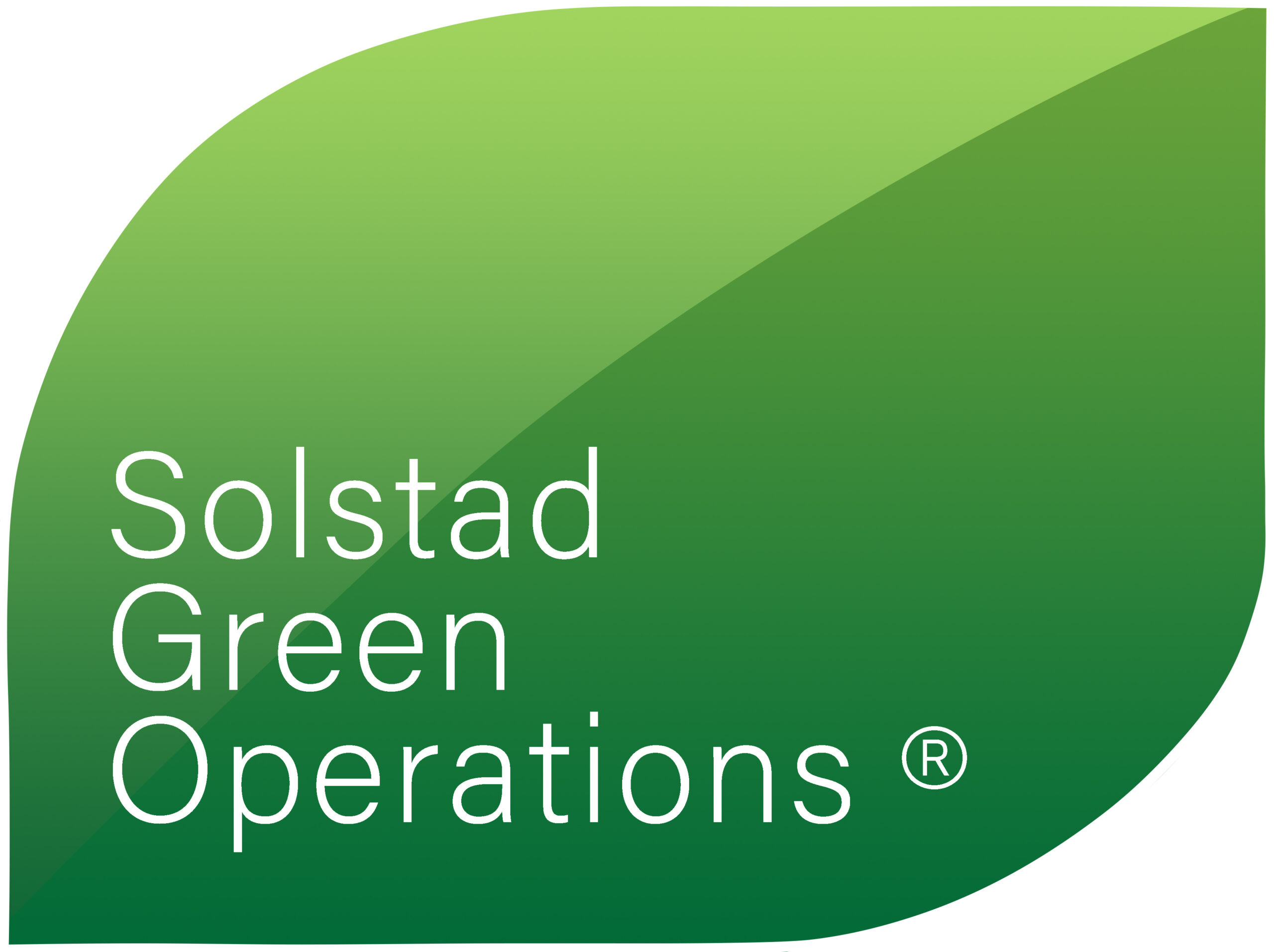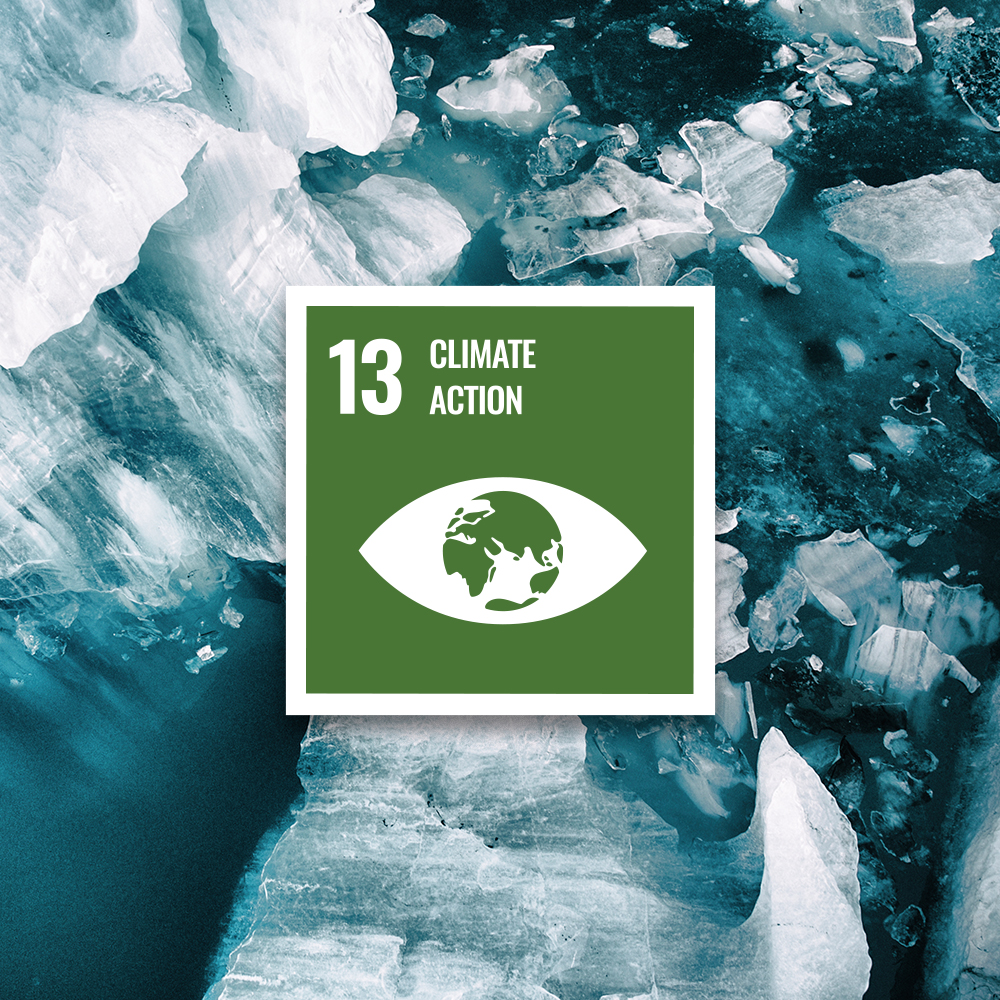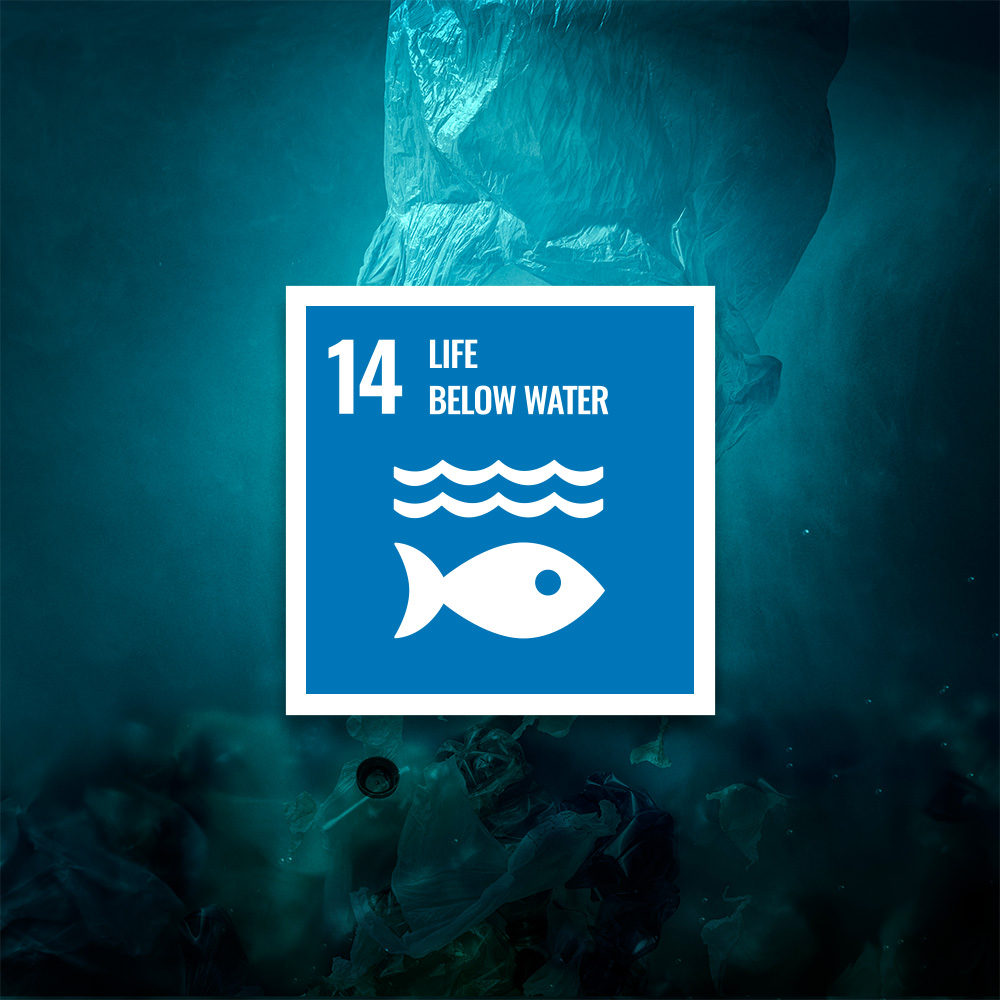Our priorities



Every aspect of sustainability needs attention, but some are more
relevant to us and our stakeholders than others.
Zero Emissions
As a major player in the offshore energy industry, we are aware of the challenges that face us as a global society and our role in both creating and solving them. The Solstad Green Operations program is our key initiative to make a change.

Sustainability through DMA
The double materiality assessment (DMA) has given us clear direction, highlighting the most crucial elements of sustainability for Solstad and its stakeholders, including customers, investors, employees, and the local community.
While we know our destination, the details of the journey remain uncertain. It is still important to make plans, plot a course, and stay true to it. The DMA helps us do that. The results of the DMA demonstrate what is significant both to the company and its stakeholders. To determine the company’s material risks and opportunities, the identified topics are assessed along two dimensions: “Financial materiality” and “Impact materiality” to the company and its stakeholders.


Ecological Impact
We acknowledge that we do have a negative effect on life below and above water. We also embrace the fact that we are obligated to work constructively to minimize negative impact to our environment.
Since 2009 when Solstad Green Operations was initiated we have been working thoroughly and systematically with emission reductions. Ecological impact both over and under water has been our focus areas for years and we have therefore selected the United Nations Sustainability Development Goals number 13 – Climate actions, 14 – Life Below Water to be among our top priorities moving forward.

By embracing the 13th UN Development Goal – Climate Action. That will give us a common ground to stand on while building resilience and adaptive capacity.

We can thank our ocean for many things, rainwater, drinking water, weather, climate, coastlines, the food we eat and the oxygen we breathe. The ocean drives global systems that makes the earth habitable for humankind.
That is why the “Life Below Water” goal is so important to Solstad and at same time makes us obligated to reduce our negative impact as much as possible.
